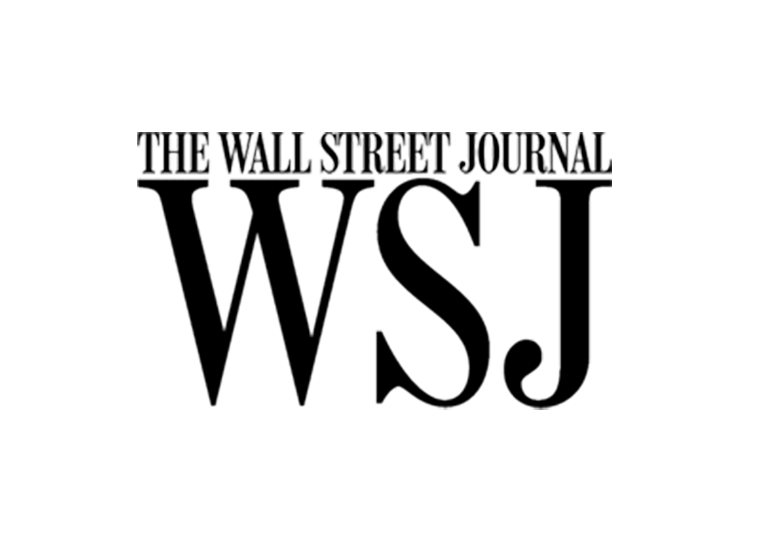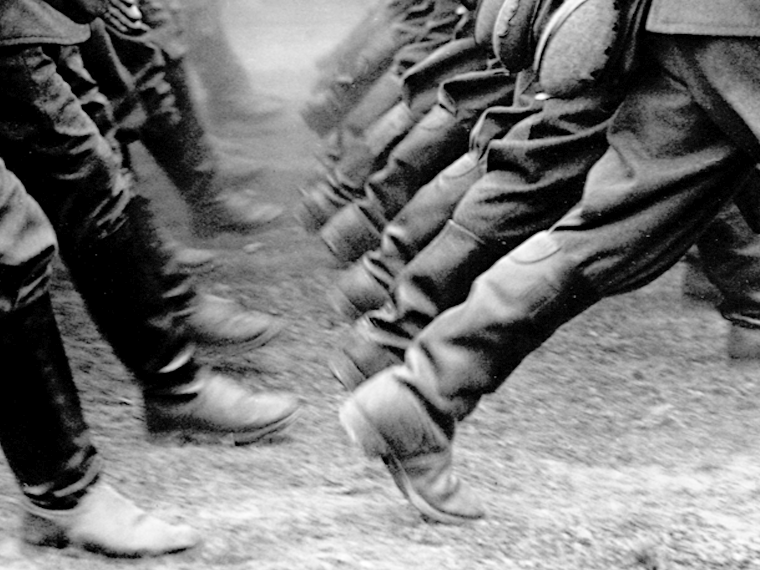Liberals and conservatives respond differently to ads that reinforce or challenge stereotypes
One thing Americans agree on politically these days is a move away from the middle. A Gallup poll reports that the percentage of Republicans identifying as very conservative/conservative has increased from 58% in 1994 to 77% in 2024. Among Democrats, those identifying as very liberal/liberal has grown from 25% to 55%.
This intensified political polarization had (until recently) coincided with an increased corporate interest in diversity, equity and inclusion initiatives in the wake of racial equity activism spurred by the murder of George Floyd and gender equity in response to the #MeToo movement.
Opt In to the Review Monthly Email Update.
Some of the more visible corporate responses include:
- Gillette’s 2019 “The Best a Man Can Be” advertising campaign gave a serious nod to addressing toxic masculinity and sexual harassment.
- Responding to pushback that the use of “uncle” and “aunt” perpetuated racial stereotypes, Uncle Ben’s rice rebranded to Ben’s Original in 2020 and Aunt Jemima pancake batter and syrup relaunched as Pearl Milling Company in 2021.
- In 2021 Disney announced the casting of a Black actress in a live-action remake of its Little Mermaid movie.
These overt marketing choices that moved away from gender and racial stereotypes were simultaneously lauded and derided, highlighting the difficulty in marketing to today’s divided mass market.
To explore how political ideology influences responses to these kinds of portrayals, UCLA Anderson’s Elizabeth Jiang, a Ph.D. candidate, and Margaret Shih conducted a series of controlled lab studies. In their paper published in Communications Psychology, they set out to examine how liberals and conservatives react to racial and gender stereotypes in advertising.
While there is plenty of siloed research on political ideology, race and gender, this research explicitly studies them in concert and advances the study by looking not just at responses to traditional stereotypes but also exploring how nontraditional stereotypes may be impacted by political ideology. Across four studies, more than 5,000 participants were recruited and categorized as either liberal or conservative (based on a self-reported measure of their ideology) and then tasked with reacting to a series of advertisements that explicitly played into traditional racial or gender stereotypes, or expressly offered a nonstereotypical and nontraditional representation.
Below is one set of ads used in this research that featured racial minority models and varied both race and gender.
The researchers found that political orientation strongly influenced how participants responded. Liberals consistently had more favorable attitudes toward nontraditional portrayals than traditional ones, regardless of race or gender. And liberals’ attitudes toward nontraditional portrayals were more favorable than those of conservatives.
The researchers also found that liberals rated all ads more positively than conservatives — but only when racial minorities were featured. In ads with white models only, this pattern flipped: Conservatives reported more positive attitudes for all ads, while liberals had more critical attitudes. That shift reveals how racial representation — not just role types — may shape reactions.
Race Matters, Gender Not as Much
In a study using only racial minorities (images shown above), liberals preferred ads with stereotype busting models (e.g., a black woman in IT), on average rating those 5.29 on a scale of 1-7, compared with 5.10 for ads showing traditional stereotypes (e.g., an Asian man in the IT ad).
Conservatives went the other way, on average rating the nontraditional lower (4.85) than the traditional (4.91). Additional analysis further teased out this “significant interaction effect and significant difference” of liberals preferring the nontraditional representation and conservatives preferring the traditional.
Another study isolated gender roles by presenting only white models in traditional and nontraditional roles.
Conservatives were more enthusiastic across the board in this experiment, rating traditional portrayals (5.10 average score) and nontraditional (4.89) higher than liberals (4.24 and 4.82). This suggests conservatives may be more receptive to nontraditional representations based on gender as long as race is not a central issue.
Hiring in an Age of Political Polarization
Jiang and Shih also explored if politics may impact real-world hiring preferences. They used the same randomized sorting: Participants saw either an ad with a traditional stereotype (Asian male for a software job) or a nontraditional stereotype (Black female for software job). Participants were then shown a scenario where they were told they worked at a firm and were tasked with hiring someone. To focus participants on making a thoughtful choice, they were also told that the performance of the job candidate they selected would also reflect on their own performance.
Which candidate would the participants hire — a stereotypical or a nonstereotypical candidate? Liberals consistently preferred the nontraditional hire, with what seems to be extra sensitivity to supporting diversity and equity. When shown the traditional ads, only 30% chose the stereotypical hire — the rest (70%) choosing to hire a nonstereotypical job candidate. When shown the nontraditional ads, even fewer liberals — only 20% — chose the stereotypical candidate with the rest (80%) opting to hire a nonstereotypical job candidate.
Once again, the opposite dynamic was at work among conservative participants. Among conservatives shown traditional ads, 44% chose the stereotypical candidate. But when presented with ads showing nontraditional candidates, the stereotypical candidate was chosen by more than half (52%) of conservatives.
That is, when faced with a challenge to the norm, participants seemed to double down based on their political ideology: Liberals became more committed to the nontraditional hire, and conservatives more committed to the traditional.
Featured Faculty
-
Margaret Shih
Interim Dean and Neil Jacoby Chair in Management; Professor of Management and Organizations
- Elizabeth Jiang
About the Research
Jiang, E.Q. & Shih, M.J. (2025). Liberals and conservatives respond divergently to stereotype portrayals of race and gender. Communications Psychology, 3(1), 109.





